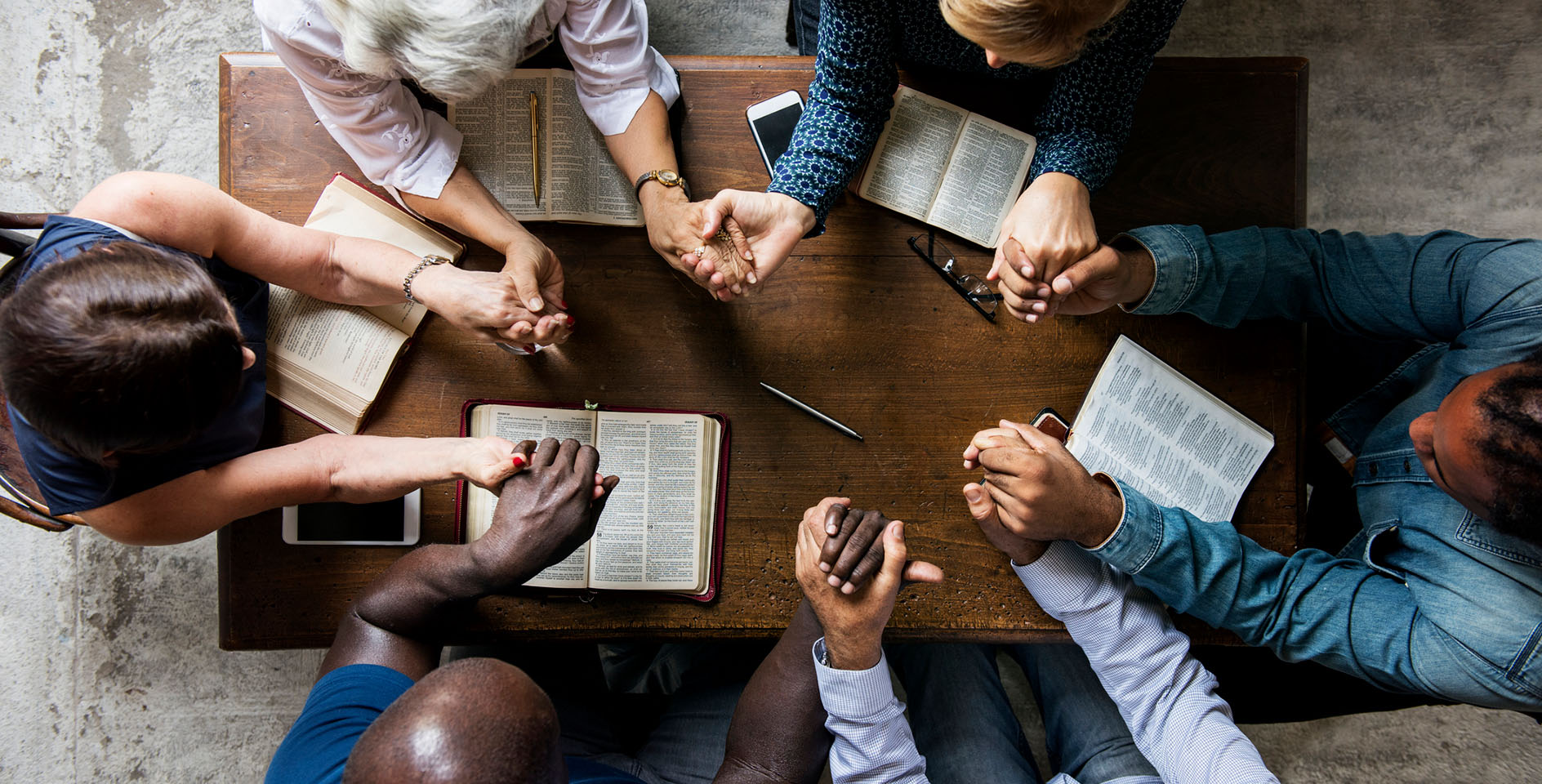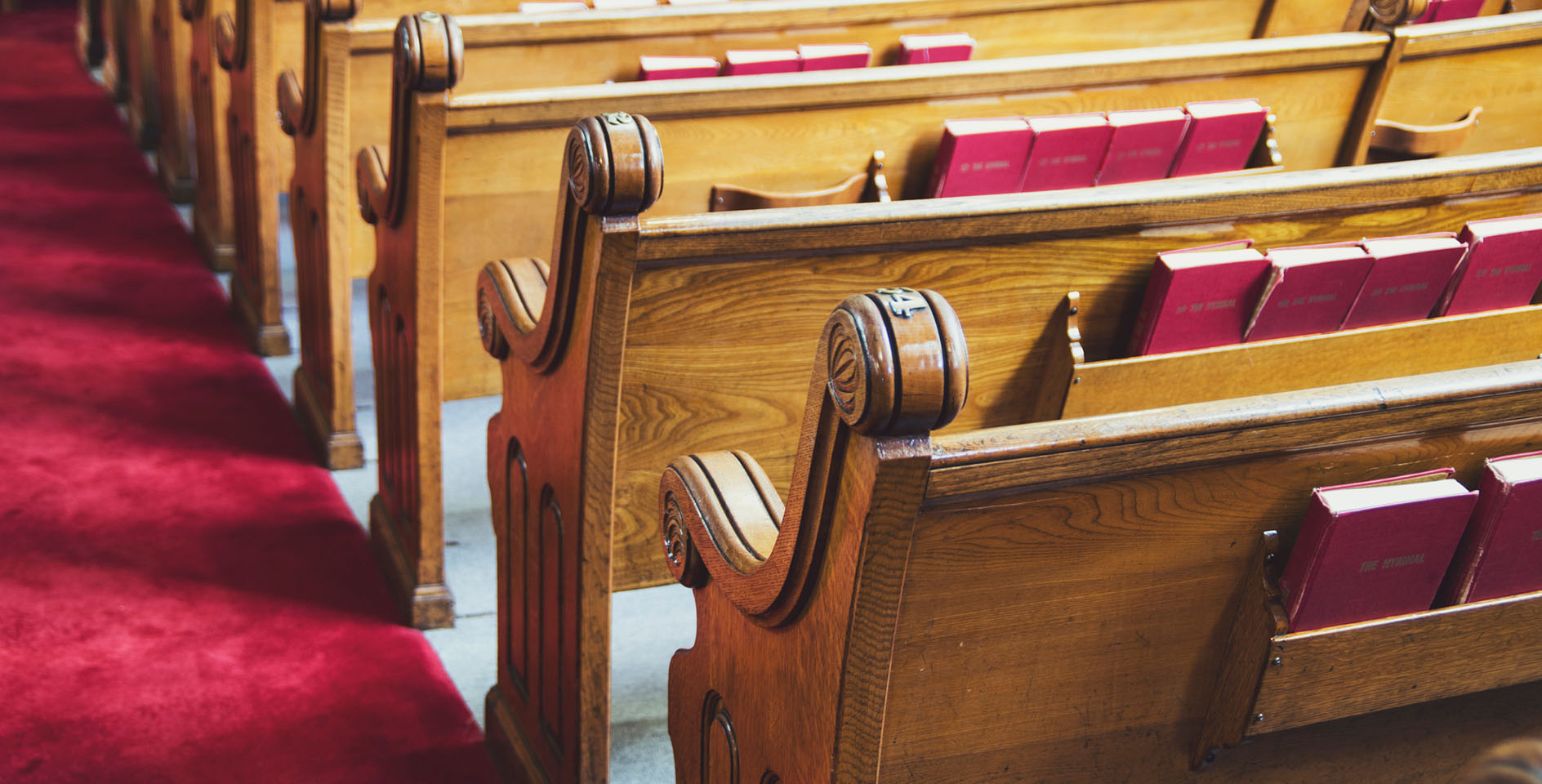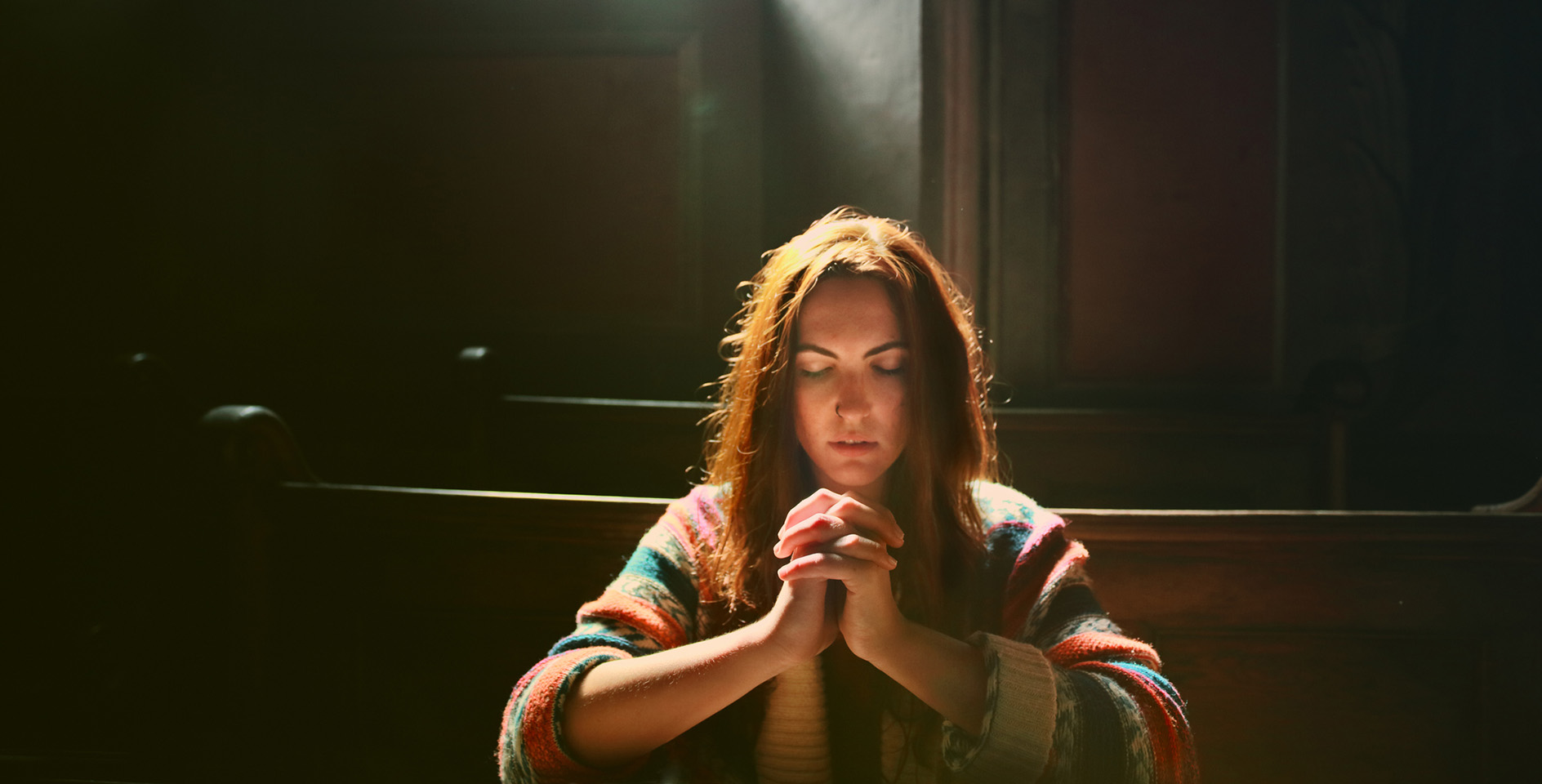Many people recognize the importance of racial unity, but don’t know how to achieve it.
The Unify Project is a gospel-centered, ethnically diverse, racial reconciliation ministry designed to mobilize Southern Baptist pastors and leaders in unifying their communities.
Co-chaired by two former presidents of the Southern Baptist Convention, Dr. Ed Litton and Dr. Fred Luter, the Unify Project provides simple, practical, and effective resources to aid pastors in this work. Below, Missie Branch, a member of the Unify Project’s steering committee, talks about the project and its goals.*
Jill Waggoner: What is the Unify Project, and how did you become involved?
Missie Branch: The Unify Project is beautiful. Dr. Litton and Dr. Luter had been doing work in this space, created this steering committee, and invited me to be a part of it. For the first several meetings, I just listened.
The goal of the Unify Project is to create resources for pastors and church leaders to be able to approach the conversation of biblically-based, gospel-centered racial reconciliation in their homes, in their communities, but particularly, in their churches.
JW: How would you define the term, racial unity?
MB: Unity, at its basic level, is oneness or harmony around one thing. When we talk about racial unity, it’s really the heart behind seeing all of humanity operate as one. As Christians, we know this was God’s plan for humanity—to be operating around one mission—and that mission is God’s glory and for him to be known all over the earth.
The things that divide us because of the fall—like race, for example—were not God’s plan. It was not God’s plan that looking different and having different ethnicities would be used to divide us. Actually, [these] should bring us together. So, when we’re pursuing racial unity, what we’re saying is that we would like to see God’s plan for oneness amongst his people [the Church].
JW: Why do you think it’s important for pastors and church leaders to prioritize racial unity? We both know how busy pastors are and how many things come across their desk. But why would you say this deserves their time and attention?
MB: Because it’s a priority of the Lord’s. He was very intentional when he made all of us different. We believe in God’s intentional plan with male and female, and even God’s intentional plan with how we grow from children and into adults.
When God decided that people were going to be born all over the world, have a bunch of different experiences, look differently, and approach life differently, I think there was intentionality in that. If God makes something intentionally, then it’s something to be celebrated and honored.
Because that was God’s intentional plan, I think as pastors, church leaders, and Christians in the pew, we need to say, “What am I doing to [advance] God’s intentional plan?”
JW: Can you describe the types of resources that a pastor can find at the Unify website?
MB: Pastors and church leaders can find videos, resources, and downloadable information. We’re working on a curriculum, as well. Things are still being built, but the goal is to be able to come to that one location and grab all those things quickly.
JW: When you think about this project and its future impact, what do you hope to see in the way that it shapes the SBC?
MB: This is going to sound cliche, but whenever I think of what it will look like to be around the throne with the Lord, I really don’t see us separated off into groups. I see us excited to see our brothers and sisters who we spent time with and excited to see people that we’ve heard about but never got to meet. I don’t think that we’re going to be with the King of kings and Lord of lords fighting over the color of our skin and whether or not this person is more valuable or needs to be spent time with.
It’s my dream that the SBC really models for the world, and especially for broader Christianity, this idea of coming together as brothers and sisters who reflect the love of God.
When my kids were little, one of the main verses I made them remember was John 13:35, “By this everyone will know that you are my disciples, if you love one another.” They will witness us loving one another and they’ll say, “Oh man, those people belong to Jesus!” That’s what I’m hoping for the SBC—that people will look at us and say, “Man, I know they’re Christians by the way they are loving each other.”
*This interview has been edited for length and clarity.










